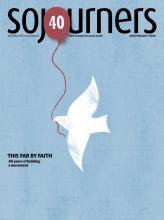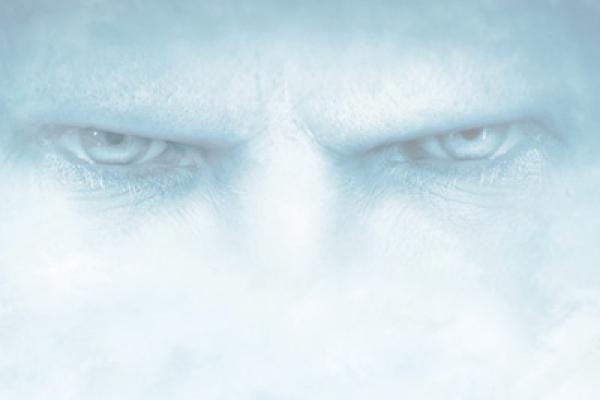For a decade now, we have read as a family J.K. Rowling’s magical Harry Potter books aloud to one another in beds and cars and cottages. A bookstore friend mailed us the first, which caught and held with our two girls. Except for the last, which she never saw or heard, the subsequent volumes served for us as a therapeutic backstory to my wife’s struggle with cancer. Here was a lively gift of diversion and delight that we increasingly read as rich in themes both biblical and Christian. It was as if the Oxford Inklings (C.S. Lewis, J.R.R. Tolkien, Dorothy Sayers, and Charles Williams, among others) had hoisted a pint and admitted a new voice to the table.
That itself was an irony beside the early uproar in certain evangelical communities against what was taken to be the books’ witchcraft-laden, dark, and cultic assaults on the faith. Night-fears that the kids in backyard play would lay down their guns and take up wands.
Last summer’s release of the final film, Harry Potter and the Deathly Hallows: Part 2, and the expected Christmas release of the DVD boxed set, brings down the curtain on this 10-year pop culture love affair with Harry and Hogwarts. Now it seems the burgeoning industry of theological commentary upon it will only grow.
In times such as these, with crises rife and death on the planetary prowl, one pauses deep before spending comment on popular culture. Unless they are all connected.
By my lights, in the final film, J.K. Rowling gave away the gospel store. I say this presuming Rowling had the ability to hold its center through the twisted turns of assorted screenwriters and directors, not to mention commercial powers. (Who knows? I may be wrong there.) But here’s what I mean. In the final volume, of both book and film, after a long wilderness testing (with a portable tent and a light, no less), the more messianic themes come to a head.
Read the Full Article

